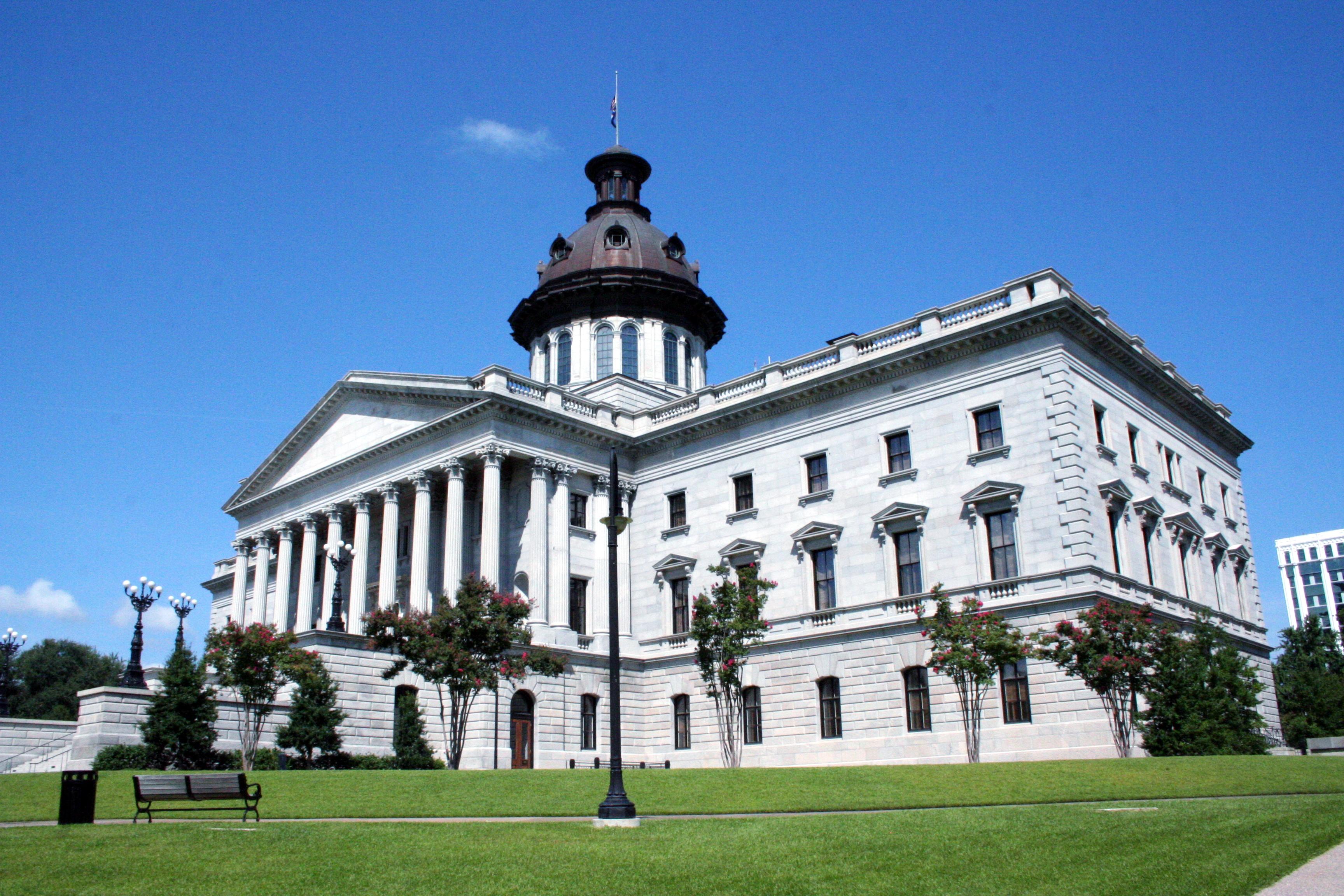The Rest of the Tax Cut Story
During its 2021-22 session, the South Carolina General Assembly passed a cut in the personal income tax rate. Whew! Finally, the highest marginal personal income tax rate in the South (7%), which has never been cut since its adoption in 1959, is headed for extinction. That’s great news. It was also good to see the Palmetto State move up in the Tax Foundation’s Business Tax Climate rankings (December 2021 edition).
But there is more to the story.
The same bill that cut taxes on South Carolina individual taxpayers included a section rolling back property taxes on South Carolina manufacturers as well.
A short history lesson is in order…
In 2017, in partnership with Acuitas Economics, Palmetto Promise Institute released Funding South Carolina’s Future: A Practical Plan for Tax Reform that Creates Fairness, Stability and Growth. This ambitious tax reform plan pointed out that:
- South Carolina had the highest percentage tax on commercial property in the Southeast.
- Columbia had the highest industrial rate among the largest cities in each U.S. state.
- That meant that the welcome mat was not out for business, at least on property taxes.
Then, in 2018, in South Carolina: A Roadmap for Tax Reform the Tax Foundation offered the General Assembly a number of options from the same sheet of music as Palmetto Promise, including: “[e]xtend the current phasedown of the manufacturing and industrial property assessment ratio to 6 percent in line with commercial property.”
Turns out, the General Assembly heard our pleas. Buried near the end of S.1087, the Comprehensive Tax Cut Act, was a rollback in manufacturing property taxes.
To attempt to understand the possible impact of such a property tax cut, we knew who to call. Dr. Rebecca Gunnlaugsson not only has long history at the South Carolina Department of Commerce; she is also a top-shelf economist with a specialty in the South Carolina tax code.
This is how Dr. Gunnlaugsson described the business tax cut portion of S.1087:
It is hard to understate what a significant change dropping the manufacturing assessment rate really is. A very oppressive tax—like the 10.5% assessment rate—affected economic development, so much so that South Carolina had to create discounts against that tax to keep manufacturers from closing or leaving the state!
But, those discounts were geared only toward larger firms. Startups and small operations were still saddled with the tax. That depressed investment (and the growth, employment, wages, and income that came with it).
This legislation really helps remove that hurdle.
So, there you have it. Progress on personal income and manufacturer property taxes.
Does this mean that all the dragons that unnecessarily inhibit economic growth in South Carolina have been slain? No.
So, stay tuned. We will name those creatures in a future post.





